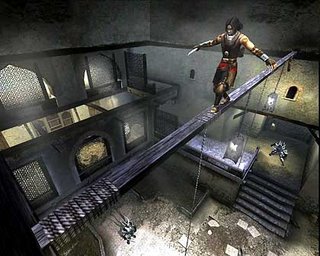This time I would like to talk about my obsession with the two games designed by The Logic Factory. I was always quite fond of the more popular Acendancy. Recently, I have discovered the less popular The Tone Rebellion (aka “Leviathan” in Germany). Although I try to be cautious with superlatives I must admit that it turned out to be one of the best games I have every played.

There should be a law which forced every game developer in the world to hang a printout of the cover of The Tone Rebellion on a wall in his office just so he remembers what is possible.
The Tone Rebellion is revolutinary in many ways. Possibly I will get into some of the gameplay aspects in future articles. However, the thing that I found most intriguing and fascinating is its incredibly bold and unusual theme. It makes you realize how limited and poor modern games are in that sense. I think every game designer should at least briefly take a look at it, so without further ado…














